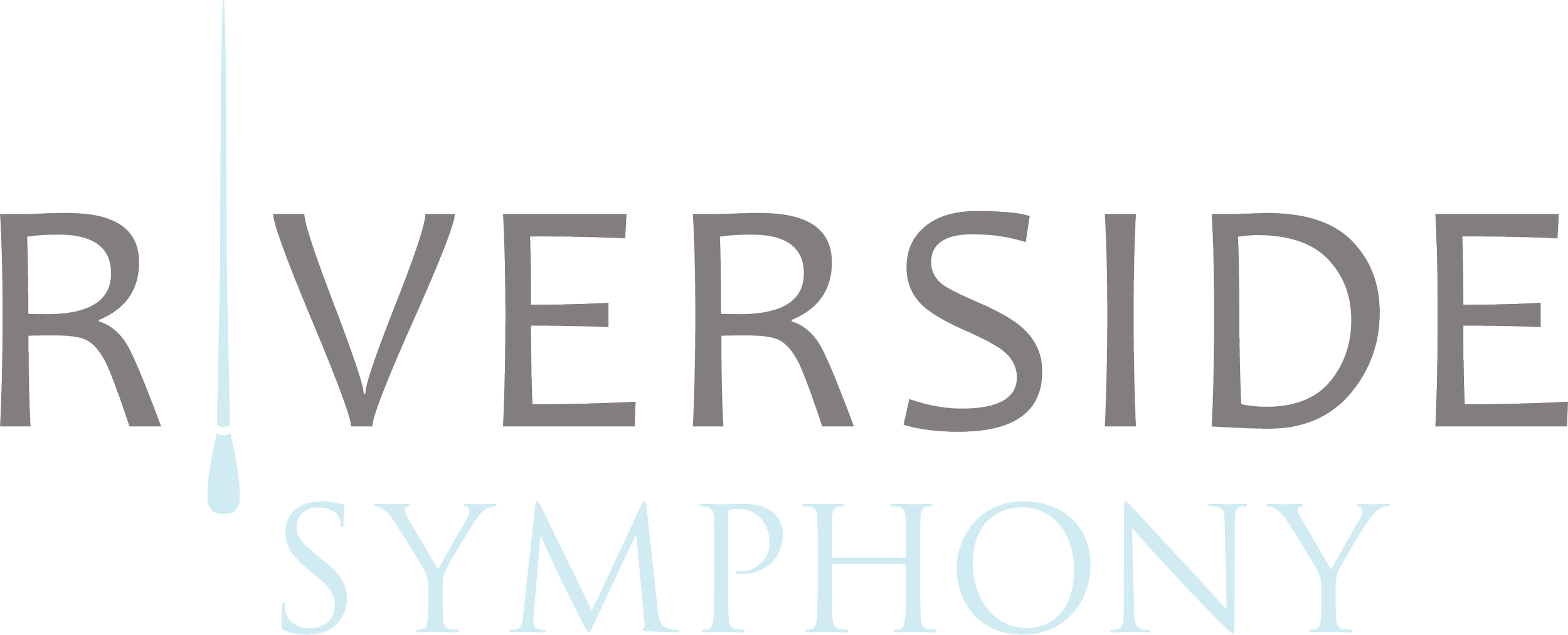Composer's Corner: Imbrie’s Prayer
Movement IV: Prayer
Imbrie returns his focus to the more intimate sound world of solo soprano and orchestra at the outset of this remarkable setting of “Prayer” by the early 17th-century metaphysical poet, George Herbert. Unsurprisingly, a solo voice invites a fleeter musical dialogue than a mass of choral singers, the simple fact of which gives even fuller vent to Imbrie’s characteristically rapid-fire metabolism—a heightened sense of spontaneity prevailing more here than in the alternating movements.
I had not been previously familiar with Herbert, a Welsh-born Renaissance Man who was not only a poet and priest in The Church of England, but also, in his brief 40 years, served in Parliament! One of Herbert’s best-loved poems, “Prayer” describes the act of worship in highly metaphoric terms (e.g. “Prayer, the church’s banquet), to quote Imbrie, as a “human, sensual experience, suggesting a union of man with God through direct communication.” (Check out this fascinating, beautifully turned analysis)
Following a brief and airy instrumental introduction, the soprano enters, soon joined by the cellos (00:18) in a quintessentially Imbriesque ascending motif, somehow, some way—uncannily suggestive of sublime rapture. Within moments, the choir takes over—“Engine against th’ almighty, sinners tow’r, Reversed thunder”—text referring to the power of human prayer directed heavenward. At over halfway through the work, this out-of-the-blue first-time encounter between soloist and choir is a brilliant example of expressive power achieved through the simplest of means.
The soprano soon rejoins the choir (“Softness, and peace”) in an exquisite, eliding interchange of vocal forces, with the various sections of the choir and soloist articulating the single line of text in sequence. This tour-de-force builds to an expressive (and literal) climax, albeit a gentle one, with the soprano’s high D , “Paradise” (1:40). In the movement’s touching denouement, note the recurrence of the sublime cello theme and chirping woodwinds, a distant, echoing memory of the opening.
“Prayer the church’s banquet, angel’s age,
God’s breath in man returning to his birth,
The soul in paraphrase, heart in pilgrimage,
The Christian plummet sounding heav’n and earth
Engine against th’ Almighty, sinner’s tow’r,
Reversed thunder, Christ-side-piercing spear,
The six-days world transposing in an hour,
A kind of tune, which all things hear and fear;
Softness, and peace, and joy, and love, and bliss,
Exalted manna, gladness of the best,
Heaven in ordinary, man well drest,
The milky way, the bird of Paradise,
Church-bells beyond the stars heard, the soul’s blood,
The land of spices; something understood.
- George Herbert”

